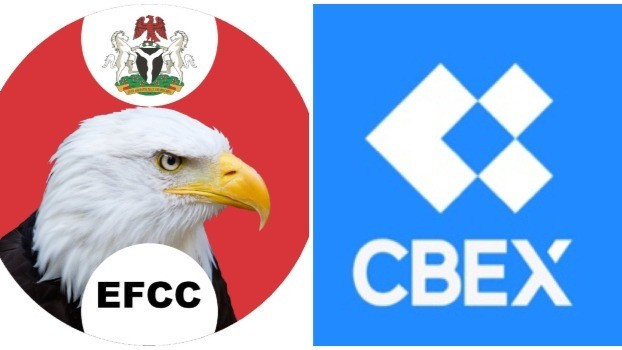The rise and collapse of CBEX (Crypto Blockchain Exchange) mark a sobering moment in Nigeria’s digital evolution. Between August 2024 and April 2025, this online scheme defrauded over 450,000 Nigerians of more than ₦1.32 trillion (approximately USD 1.6 billion), promising impossibly high returns on crypto investments. CBEX’s tactics—rapid domain switching, off-shore hosting, misleading branding, and abuse of global internet infrastructure—present a compelling case for reviewing and strengthening global internet governance mechanisms.
CBEX operated behind a polished façade: a professional-looking website, constant domain hopping, and purported affiliations with Canadian regulators. By the time it was exposed, the platform had used over 20 different domains, many registered with ICANN-accredited registrars and hosted across jurisdictions with weak enforcement mechanisms against digital fraud.
The scheme thrived by exploiting technical and legal blind spots. Domain names were registered with false information or hidden behind privacy shields, making verification difficult. Transactions were processed through fragmented micro crypto-payments, layered across multiple wallets to obfuscate financial trails.
The CBEX case points to critical gaps in both national regulation and international cooperation. Nigeria’s cybercrime units continue to face jurisdictional and technical limitations in chasing bad actors who operate across borders. On the international level, the lack of a coordinated digital fraud monitoring system means schemes like CBEX can escape scrutiny until after the damage is done.
A coordinated response is now essential. ICANN and other internet governance stakeholders should consider strengthening their role in proactive domain oversight, working collaboratively with registrars, national authorities, private-sector and civil society. This could involve encouraging stronger identity verification practices for domain ownership, supporting interoperable fraud alert mechanisms, and improving the transparency and accessibility of WHOIS data — all while upholding user privacy and multistakeholder values
National agencies like the Nigerian Communications Commission (NCC) and Economic and Financial Crimes Commission (EFCC) should be empowered with the technical tools and cross-border partnerships necessary to track suspicious domains and blockchain activities. Nigeria must also engage more actively in multilateral internet governance fora to ensure African voices influence the development of global cybersecurity norms.
For the everyday Nigerian, CBEX is a cautionary tale. But for policymakers and internet governance institutions, it is a call to action. Trust in the digital economy cannot be built on porous infrastructure. The tools exist—what is needed now is the political will, technical collaboration, and shared intelligence to protect internet users in Nigeria and beyond.
As Nigeria pushes forward with its digital economy agenda, it must not only build digital infrastructure but also defend it. Cases like CBEX remind us that internet governance is no longer a technical afterthought—it is a national security imperative.
By Segunfunmi Olajide, CEO& Internet Policy Expert, Heritech Consulting


